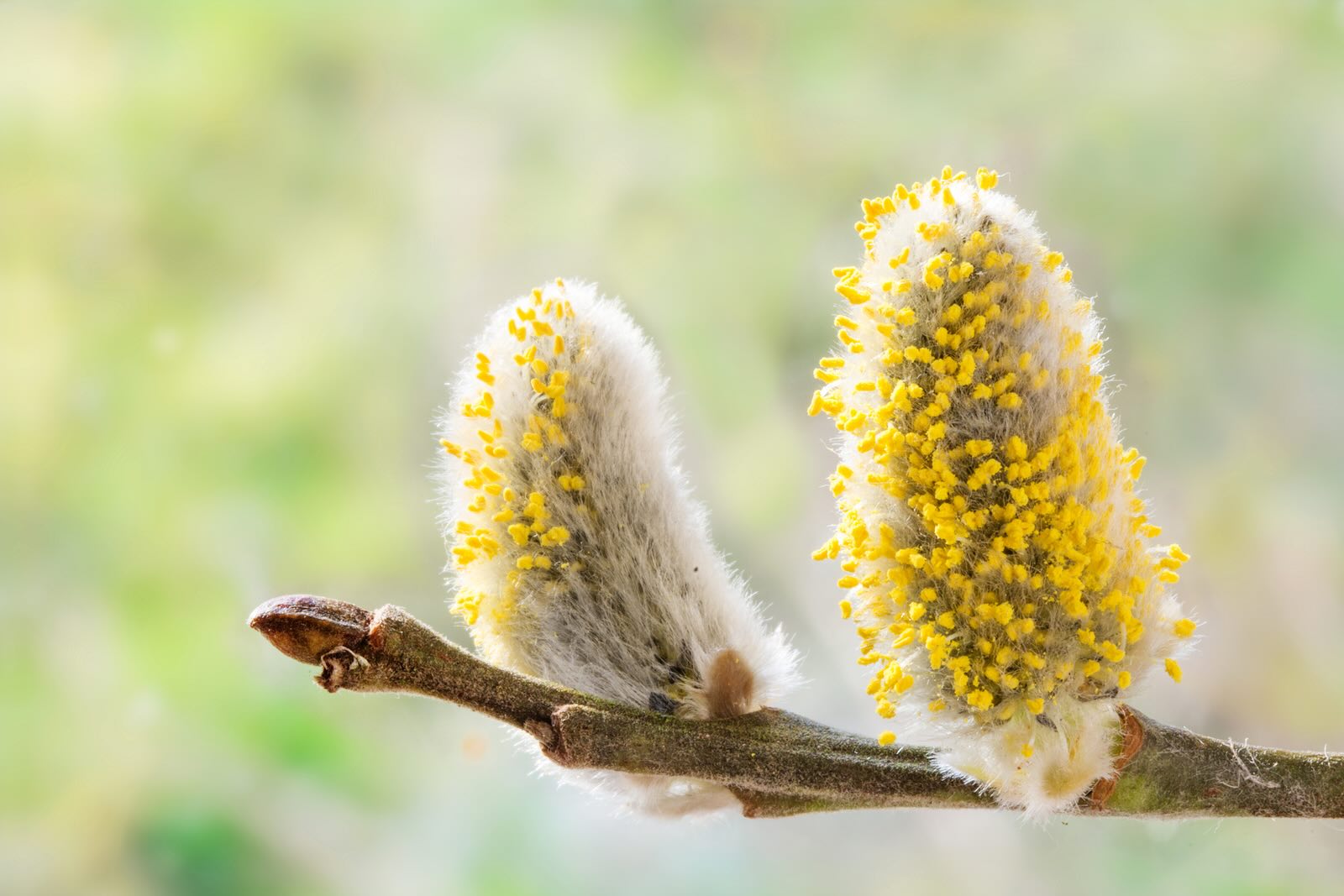
Pollen is more than just a nuisance for allergy sufferers. This tiny, often invisible substance plays a crucial role in the ecosystem. Pollen grains are the male gametophytes of seed plants, essential for plant reproduction. They travel from one flower to another, enabling fertilization and the production of seeds. Without pollen, many plants wouldn't be able to reproduce, leading to a collapse in the food chain. Bees, butterflies, and other pollinators rely on pollen as a food source, making it vital for their survival. Understanding pollen's role can help us appreciate its importance beyond just causing sneezes.
What is Pollen?
Pollen is a fine powder produced by plants as part of their reproductive process. It plays a crucial role in the ecosystem, aiding in plant fertilization and food production.
- Pollen grains are microscopic, often measuring between 10 to 100 micrometers in diameter.
- Each pollen grain contains male gametes necessary for plant fertilization.
- Pollen can be carried by wind, water, or animals, especially insects like bees.
Types of Pollen
Different plants produce various types of pollen, each with unique characteristics. Understanding these types can help in identifying plant species and their pollination methods.
- Anemophilous pollen is carried by the wind and often causes allergies.
- Entomophilous pollen is transported by insects and tends to be sticky.
- Hydrophilous pollen travels through water, common in aquatic plants.
Pollen and Allergies
Pollen is a common allergen, affecting millions of people worldwide. Knowing more about pollen allergies can help in managing symptoms.
- Hay fever, or allergic rhinitis, is often triggered by pollen.
- Common symptoms include sneezing, runny nose, and itchy eyes.
- Pollen counts are higher in the morning and on windy days.
Pollen in the Ecosystem
Pollen is vital for the survival of many plant species and the animals that depend on them. It plays a significant role in maintaining biodiversity.
- Bees collect pollen as a food source for their larvae.
- Pollen helps in the production of fruits, seeds, and nuts.
- Some plants rely exclusively on specific pollinators for reproduction.
Historical and Cultural Significance
Pollen has been used in various cultures for its medicinal and nutritional properties. Its historical significance is also notable in archaeological studies.
- Ancient Egyptians used pollen in their embalming process.
- Pollen analysis helps archaeologists understand past climates and vegetation.
- Bee pollen is considered a superfood due to its high nutrient content.
Pollen and Climate Change
Climate change affects pollen production and distribution, impacting both plants and humans. Understanding these changes is crucial for future planning.
- Rising temperatures can extend the pollen season.
- Increased CO2 levels can lead to more pollen production.
- Climate change may introduce new allergenic pollen to different regions.
Fun Facts About Pollen
Pollen is not just a scientific subject; it has some fascinating and fun aspects too. These facts highlight the lighter side of pollen.
- Some pollen grains are so unique they can be used to identify specific plant species.
- Pollen can travel thousands of miles through the air.
- Certain types of pollen glow under ultraviolet light.
Pollen in Food Production
Pollen is essential for the production of many foods we consume daily. Its role in agriculture cannot be overstated.
- Pollination by bees contributes to the production of one-third of the food we eat.
- Crops like apples, almonds, and blueberries rely heavily on bee pollination.
- Hand pollination is sometimes used in agriculture when natural pollinators are scarce.
Pollen and Technology
Advancements in technology have allowed scientists to study pollen in greater detail, leading to new discoveries and applications.
- Electron microscopes can capture detailed images of pollen grains.
- Pollen DNA analysis helps in plant breeding and conservation efforts.
- Pollen sensors are being developed to monitor air quality and predict allergy seasons.
Pollen's Impact on Our World
Pollen plays a huge role in our ecosystem. It’s not just a cause of allergies; it’s essential for plant reproduction and biodiversity. Bees, butterflies, and other pollinators rely on pollen for food, helping plants produce fruits, seeds, and nuts. Without pollen, our food supply would be in serious trouble.
Pollen also helps scientists study climate change. By examining pollen grains in sediment layers, researchers can learn about past climates and predict future trends. This tiny substance holds clues to our planet’s history.
Understanding pollen can help us appreciate its importance and manage allergies better. Simple steps like checking pollen forecasts, keeping windows closed, and using air purifiers can make a big difference.
Next time you sneeze, remember that pollen is more than just a nuisance. It’s a vital part of our world, supporting life in ways we often overlook.
Was this page helpful?
Our commitment to delivering trustworthy and engaging content is at the heart of what we do. Each fact on our site is contributed by real users like you, bringing a wealth of diverse insights and information. To ensure the highest standards of accuracy and reliability, our dedicated editors meticulously review each submission. This process guarantees that the facts we share are not only fascinating but also credible. Trust in our commitment to quality and authenticity as you explore and learn with us.
